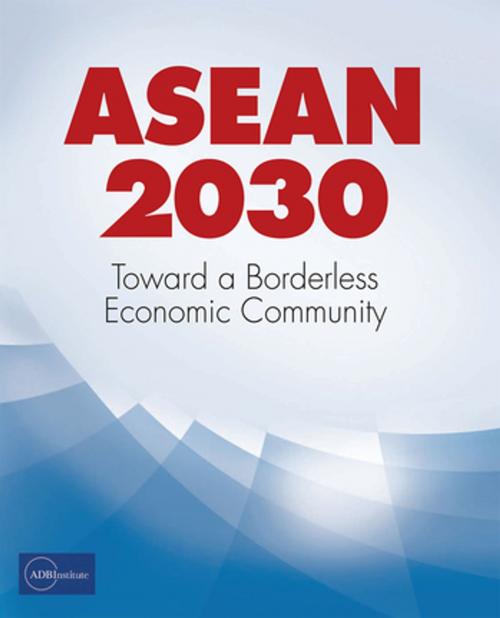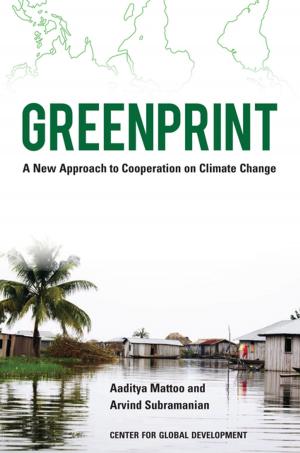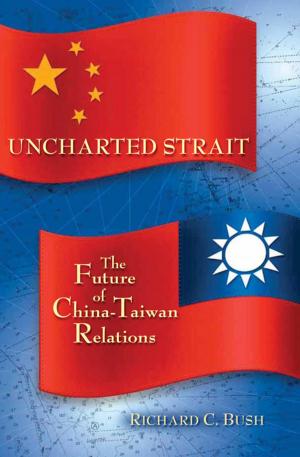ASEAN 2030
Toward a Borderless Economic Community
Business & Finance, Economics, International Economics, Nonfiction, Social & Cultural Studies, Political Science, International| Author: | ADBI | ISBN: | 9784899740520 |
| Publisher: | Brookings Institution Press | Publication: | March 8, 2016 |
| Imprint: | Asian Development Bank Institute | Language: | English |
| Author: | ADBI |
| ISBN: | 9784899740520 |
| Publisher: | Brookings Institution Press |
| Publication: | March 8, 2016 |
| Imprint: | Asian Development Bank Institute |
| Language: | English |
This book investigates long-term development issues for members of the Association of Southeast Asian Nations (ASEAN). It finds that with the proper policy mix-including domestic structural reforms and bold initiatives for regional integration-ASEAN has the potential to reach by 2030 the average quality of life enjoyed today in advanced economies and to fulfill its aspirations to become a resilient, inclusive, competitive, and harmonious (RICH) region.
Key challenges moving forward are to enhance macroeconomic and financial stability, support equitable growth, promote competitiveness and innovation, and protect the environment. Overcoming these challenges to build a truly borderless economic region implies eliminating remaining barriers to the flow of goods, services, and production factors; strengthening competitiveness and the institutional framework; and updating some governing principles. But ASEAN should not merely copy the European Union. It must maintain its flexibility and pragmatism without creating a bloated regional bureaucracy.
The study’s main message is that through closer integration, ASEAN can form a partnership for achieving shared prosperity in the region and around the globe.
This book investigates long-term development issues for members of the Association of Southeast Asian Nations (ASEAN). It finds that with the proper policy mix-including domestic structural reforms and bold initiatives for regional integration-ASEAN has the potential to reach by 2030 the average quality of life enjoyed today in advanced economies and to fulfill its aspirations to become a resilient, inclusive, competitive, and harmonious (RICH) region.
Key challenges moving forward are to enhance macroeconomic and financial stability, support equitable growth, promote competitiveness and innovation, and protect the environment. Overcoming these challenges to build a truly borderless economic region implies eliminating remaining barriers to the flow of goods, services, and production factors; strengthening competitiveness and the institutional framework; and updating some governing principles. But ASEAN should not merely copy the European Union. It must maintain its flexibility and pragmatism without creating a bloated regional bureaucracy.
The study’s main message is that through closer integration, ASEAN can form a partnership for achieving shared prosperity in the region and around the globe.















